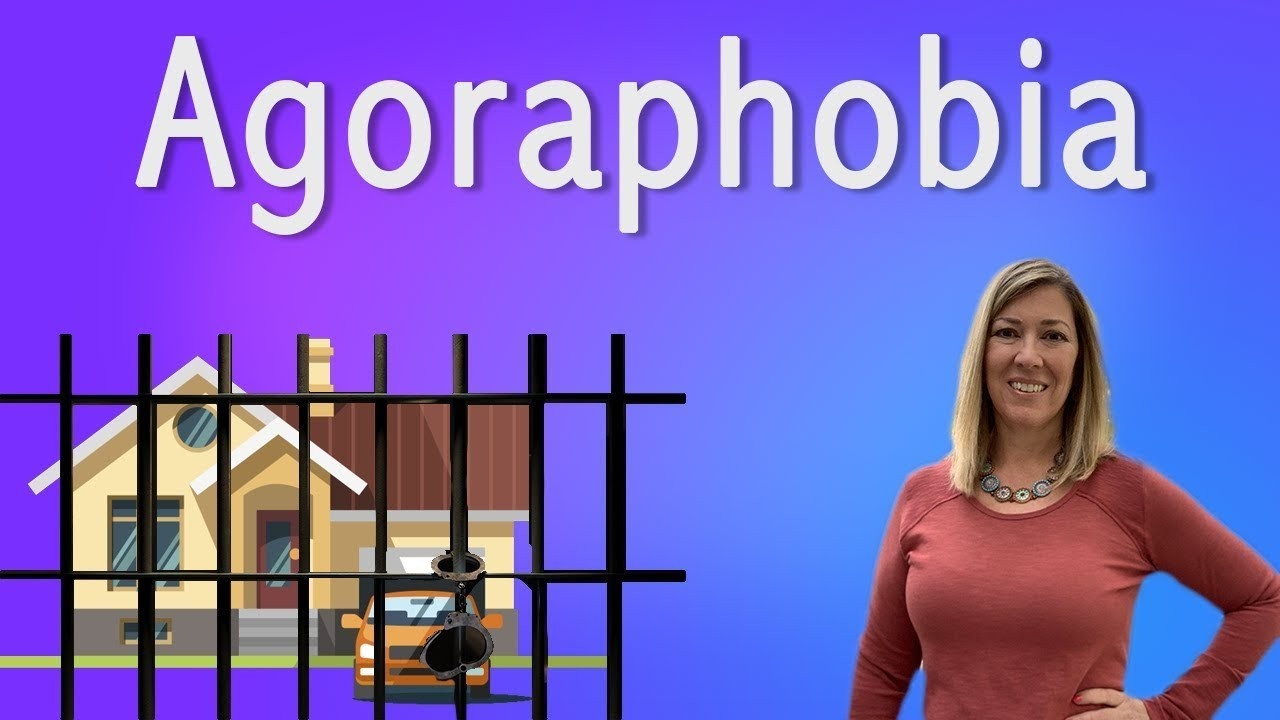
Agoraphobia - No Easy Escape
Agoraphobia is a debilitating anxiety disorder that affects millions of people worldwide. It can leave individuals feeling trapped, isolated, and overwhelmed by fear. However, there is hope for those who suffer from agoraphobia. In this blog post, we will delve into the details of agoraphobia, its potential causes, and the best treatment methods available to help individuals regain control of their lives. Whether you're someone who struggles with agoraphobia or you're seeking to support a loved one, in this blog post, we will explore agoraphobia and a six-pronged approach to treatments.
Understanding Agoraphobia:
Agoraphobia is characterized by intense and irrational fear and anxiety in various situations, such as using public transportation, being in open or closed spaces, crowded places, waiting in lines, or simply being outside of one's house. To be diagnosed with agoraphobia, an individual must meet specific criteria, including experiencing these fears for longer than six months and enduring significant distress as a result.
Potential Causes of Agoraphobia:
- Genetics: Some individuals may have a genetic predisposition to developing agoraphobia, as it can run in families.
- Traumatic Events: A traumatic experience, such as a severe illness, loss, or accident, can trigger agoraphobia in some individuals.
- Intense Fears: An irrational fear of potential dangers, such as crime, terrorism, or accidents, can contribute to the development of agoraphobia.
- Complication of Panic Disorder: Agoraphobia often occurs in conjunction with panic disorder, where individuals begin to avoid various situations and activities due to fear of experiencing panic attacks.
Effective Treatment Methods: 6-Pronged Treatment Approach
Overcoming agoraphobia typically involves a multifaceted approach tailored to the individual's specific needs and severity of symptoms. Here are six key treatment methods that have proven effective:
-
Lifestyle Changes: Reducing fear involves calming the brain's fear center, the amygdala. This can be achieved through techniques like square breathing and breath-focused meditation. A healthy lifestyle, including proper nutrition, sufficient sleep, and regular exercise, can also help manage anxiety.
-
Interoceptive Exposure Therapy: This therapy is beneficial for individuals whose panic attacks are triggered by bodily sensations. It involves gradually exposing oneself to feared sensations to reduce anxiety.
-
The Muse Method: Developed as a coping strategy during panic attacks, the Muse Method (Moving the body, External focus, Welcoming the panic, Square breathing) helps individuals regain control when anxiety strikes.
-
Exposure Therapy: Exposure therapy involves gradually facing feared situations and environments, either through imagination (imaginal exposure) or in real life (in vivo exposure). This desensitization process helps build confidence.
-
Mindfulness and Acceptance: Practicing mindfulness and acceptance involves eliminating avoidance behaviors and welcoming anxiety and fear. Individuals learn that they are their own source of safety.
-
Medications: While not all individuals with agoraphobia require medication, antidepressants may be recommended for some cases. Benzodiazepines, on the other hand, are generally discouraged due to potential negative effects on agoraphobia and exposure therapy.
Eliminating Safety Behaviours: Safety behaviours are actions individuals with agoraphobia engage in to manage their anxiety and feel a sense of control, such as relying on a cell phone or having medication on hand. These behaviours might provide temporary relief, but they can reinforce avoidance and hinder progress in exposure therapy. By addressing safety behaviours, individuals learn to rely on their own internal resources and coping skills rather than external crutches.
Agoraphobia is a challenging condition, but it is treatable. With the right combination of therapies, lifestyle changes, and support, individuals can regain their independence and live fulfilling lives. If you or someone you know is struggling with agoraphobia, remember that there is hope for a brighter future. Seek professional guidance to develop a personalized treatment plan and take the first steps toward recovery. Remember, you are not alone in this journey, and complete recovery is possible.
Let's Keep in Touch
Subscribe to My Newsletter
We hate SPAM. We will never sell your information, for any reason.








